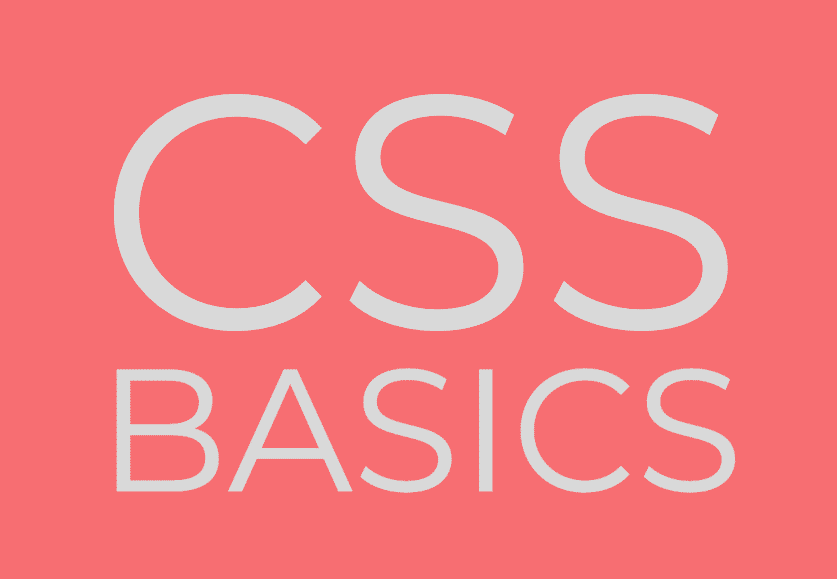In today’s digital age, having a website is crucial for businesses, both new and established. It serves as a platform to connect with your audience, engage with new customers, and stay competitive in your market. However, creating a website can be a significant undertaking, and investing in good web design is essential to effectively communicate your brand and achieve your goals faster. While DIY options may seem convenient, a custom web design ultimately provides the best results for your investment.
Optimised for Your Goals
Your website design can make or break your business goals. While templates may be easy to use, they lack the customisation necessary to optimise your website for your unique objectives. On the other hand, custom website designs allow you to tailor every aspect of your website to achieve success. For example, an e-commerce website with a custom design can incorporate effective call-to-actions, simplify the checkout process, and highlight customer reviews to boost sales. Custom website designs easily adapt to changing goals and can help you think bigger and expand your horizons.
On-Point Branding
Your website is often the first impression customers have of your business. Therefore, it’s crucial to make a good impression and communicate your brand message effectively. While templates and drag-and-drop style websites may look good, they may not align with your branding. To achieve effective branding, a custom web design is the best option. It allows you to fully customise the colour palette, layout, and first impression of your website, which can significantly impact your audience. A reputable web design agency can help turn your business vision into an engaging website that accurately reflects your brand message and values.
Improved User Experience
User experience (UX) is the overall experience of a website’s users. A positive UX can lead to longer website engagement, lower bounce rates, higher engagement, repeat visitors, and increased conversion rates. To achieve great UX, it’s important to understand your target audience and their needs and optimise elements such as navigation and page hierarchy. Custom web design allows for a tailored approach to UX, working with a designer to incorporate design elements that enhance the user experience.
Better Search Engine Optimisation
Search engine optimisation (SEO) improves a website’s visibility and ranking in search engine results. Websites with good SEO attract more visitors and have an advantage in their niche. Web design elements such as simple navigation, responsive design, and readability can all affect SEO. Using a rigid template can limit design options and harm SEO. On the other hand, custom web design allows for better control over design choices and optimisation for SEO. If SEO is a crucial factor for your website, consider working with an agency that also offers marketing services, such as SEO. These agencies tend to have a more integrated approach and can optimise your website for SEO during the design process. Additionally, it allows for monitoring search engine performance, testing design alternatives, and ongoing improvement.
Adaptable and Scalable
It’s important to consider the long-term potential of your website when building it. Consider factors such as the potential to expand your product or service offerings, add features like newsletters, or sell related products. While a template website may meet your current needs, it may not be able to adapt and grow with your business. To ensure your website can evolve as your business expands, it’s best to invest in a custom design. Be sure to discuss both your current and future goals with your web designer to ensure they can create a website that will meet your needs now and in the future.
Web design and SEO are closely related, and a good web design can significantly improve a website’s SEO performance. Here are some design elements that can help improve SEO:
Mobile Optimisation
With the increasing number of people accessing the internet through their mobile devices, having a mobile-friendly website has become crucial. A mobile-optimised website not only enhances the user experience but also improves search engine rankings.
Site Speed
Slow loading times can increase bounce rates and affect search engine rankings. A fast-loading website is crucial for good design and better SEO performance. Reducing image file size, removing unnecessary widgets, and embedding files can improve website speed.
Readability
A cluttered layout, large blocks of text, and chaotic color schemes can discourage readers. On the other hand, using smaller paragraphs, legible fonts, and a clean, organised layout can improve user experience and increase time spent on the website. Making the website more accessible for people with disabilities can also improve readability.
Navigation
Navigation refers to how a user navigates through a website to find what they are looking for. Good web design includes creating intuitive navigation for websites of any size. A sitemap can improve navigation and help search engines crawl the website more efficiently.
Tables and Lists
Incorporating tables and lists in website content can enhance readability and increase the chances of ranking for featured snippets on Google search results.
In summary, a visually appealing website is important, but it’s also crucial to optimise the website for maximum search engine discoverability.
By combining good web design with SEO, an agency can improve the online visibility and sales potential of businesses. They should be capable of providing a vibrant and contemporary website with fresh and clean graphics or tailored corporate branding to suit your business.


0 Comments